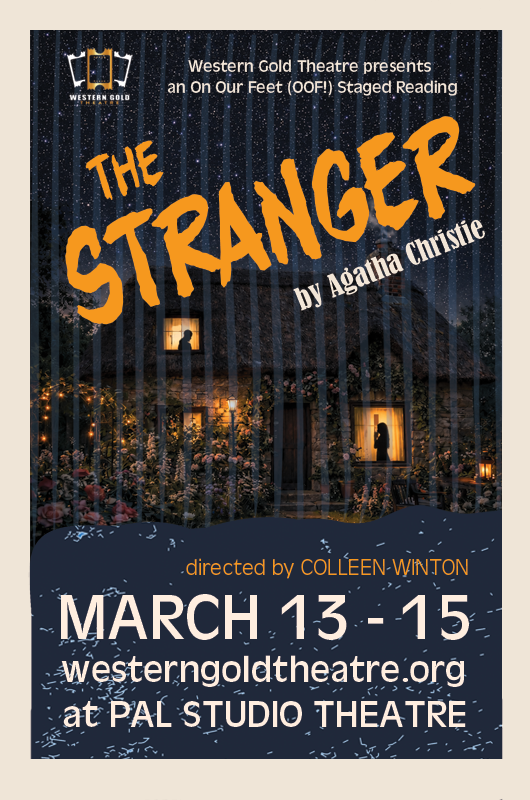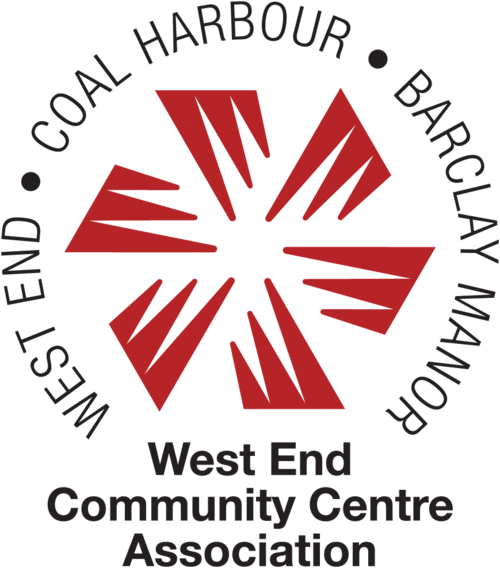OUR LEAD STORY
/by Daniel Johnston
In early April, Lucy Maloney and Sean Orr were confirmed as the two newest Vancouver City Councillors, after decisively winning this spring’s by-election.
Both councillors ran with parties that they described as progressive. Sean Orr ran with COPE: The Coalition of Progressive Electors, a progressive party that has been around since 1968. Lucy Maloney ran with OneCity, a progressive party that split off from COPE in 2014.
The West End Journal had an opportunity to sit down with both councillors for interviews.
Vancouver City councillor Lucy maloney. (Daniel Johnston Photos)
LUCY MALONEY
OneCity
Lucy Maloney got her start in politics as a member of the Parent Advisory Council (PAC) at Lord Roberts Elementary School, here in the West End. She and her family settled in the neighbourhood eight years ago, immigrating from Melbourne, Australia. Her two children now both go to VSB high schools.
“I love the West End. I don’t understand why anyone would want to live anywhere else,” Maloney said. Her favourite parts of the West End include the tree-lined streets, the heritage homes, and how populated the area is.
She decided to run for municipal government as a means to make changes in Vancouver. “I found myself in a position of wanting to influence the decisions that our municipal government makes because the decisions that we make on council are a matter of life and death for people,” Maloney said.
Maloney believes that the biggest issue facing the West End is the lack of investment in public infrastructure in the area. Maloney criticized the city’s ABC Vancouver majority government, led by Mayor Ken Sim, for turning down the West End Waterfront project last year (see Related Links below) — a $300 million project planned to transform the West End’s waterfront over decades, which would have added park space, amenities, and adapted the shoreline to mitigate the effects of climate change.
“It’s a real problem,” Maloney said about the lack of investment in public infrastructure in the West End.
The West End suffers from a lack of good transit, and also a lack of traffic safety, which is interrelated with housing, Maloney argued. “When people can live close to where they work and where they go to school, it’s a better quality of life for the people.”
Maloney says her priority as a city councillor is to fight for housing affordability and tenant protections. She experienced housing instability while living in the West End, having to deal with relocating after being evicted for renovation.
Maloney also hopes to make use of her environmental background, having worked as an environmental lawyer in Melbourne for over a decade. Maloney has private sector experience as well, having worked in environmental health and safety for Australian mining company BHP. “I want to use my capacity to influence the city’s performance on climate,” she said.
Vancouver City councillor SEan orr
SEAN ORR
COPE
Sean Orr, who ran with COPE, got his start in politics through blog and magazine writing. In 2005, Orr started writing for Beyond Robson and then moved to Scout magazine, where he wrote about city politics. Writing about Vancouver’s issues led to frustration with a lack of change in the city, which pushed Orr to study political science at SFU and then run for city council.
Orr ran with COPE because of its history of advocating for working-class people and renters, like fighting to regulate how much rent can be raised between tenancies. Orr described it as an honour to represent COPE on council.
“There’s a strong ideological foundation to COPE, which is rooted in working class and socialist ideals that allow us to stand firm and hold other parties to account,” he said.
“Vancouver is at risk of becoming a playground for the one percent, being siloed off to only those who can afford it,” Orr said, adding that the high costs of living are “pushing artists, families, and young people out of the city.”
Orr hopes to change the attitude that Vancouver is fundamentally broken, specifically in the Downtown Eastside. “It’s a wonderful community, and it needs nourishment,” he said. “There’s a lot of complex problems, but that attitude leads to increased police presence, street sweeps, and pausing on supportive housing.”
When Orr first moved to Vancouver from his hometown of Surrey, he lived in the West End on Barclay and Bute streets. That experience gave him a soft spot for his former neighbourhood. “It’s an incredible community of renters, and it represents a time where the federal government built a ton of housing, and we’re just playing catch up now.”
From his time door knocking in the West End, Orr said the biggest concern here is the need to protect renters, who make up the majority of West End residents. Maloney said the same.
HOW COUNCIL TURNED DOWN PROTECTION FOR RENTERS
Both Orr and Maloney expressed disappointment with how council turned down the chance to increase tenant protections in Vancouver. A week after Orr and Maloney were sworn into office, Green Party councillor Pete Fry moved a motion, seconded by Orr, to strengthen the city’s Tenant Relocation and Protection Policy.
“The tenant policies afforded to the Broadway Plan would have afforded West End residents the same protections,” Orr said.
The motion would have provided all renters in Vancouver the same extended protections as it currently does for eligible renters in the Broadway Plan area, a large section of central Vancouver undergoing rapid development around a SkyTrain extension.
The Broadway Plan policy requires tenants receive financial assistance when displaced in a renovation eviction, to cover the difference between their previous rent and their new housing during redevelopment. Renters would also gain the first opportunity to return to their redeveloped unit at a discounted rate.
However, the motion failed, with ABC councillors Lisa Dominato, Sarah Kirby-Yung, Mike Klassen, Lenny Zhou, and Mayor Ken Sim all voting in opposition.
Like Orr, Maloney was “extremely disappointed” by the choice to not expand the Broadway Plan renter protections city-wide. “We need robust tenant protections that are enforceable for the people who live in rental housing,” Maloney said.
PROGRESSIVES STILL IN THE MINORITY
Although ABC still holds a majority on the council, the addition of two progressive councillors gives Maloney hope that there will be space for change. “There are a couple of councillors who regularly vote outside the party block, so there's great potential for us to get six votes on some things,” said Maloney.
Unfortunately, Maloney thinks that a lot of her and Orr’s time on city council will be spent fighting the majority party and encouraging the mayor and ABC to vote for a progressive agenda. “A lot of the job will be pushing back, voting against, and talking about why things are wrong,” Maloney said. “I hope that the public can see where ABC’s values are.”
Orr is optimistic about what a progressive council could achieve in the next municipal election. “I’m not sure if there’s a lot that we can do with this council,” Orr said, “but in 2026, if there is a progressive council we could do things like legalizing tenant unions.”





